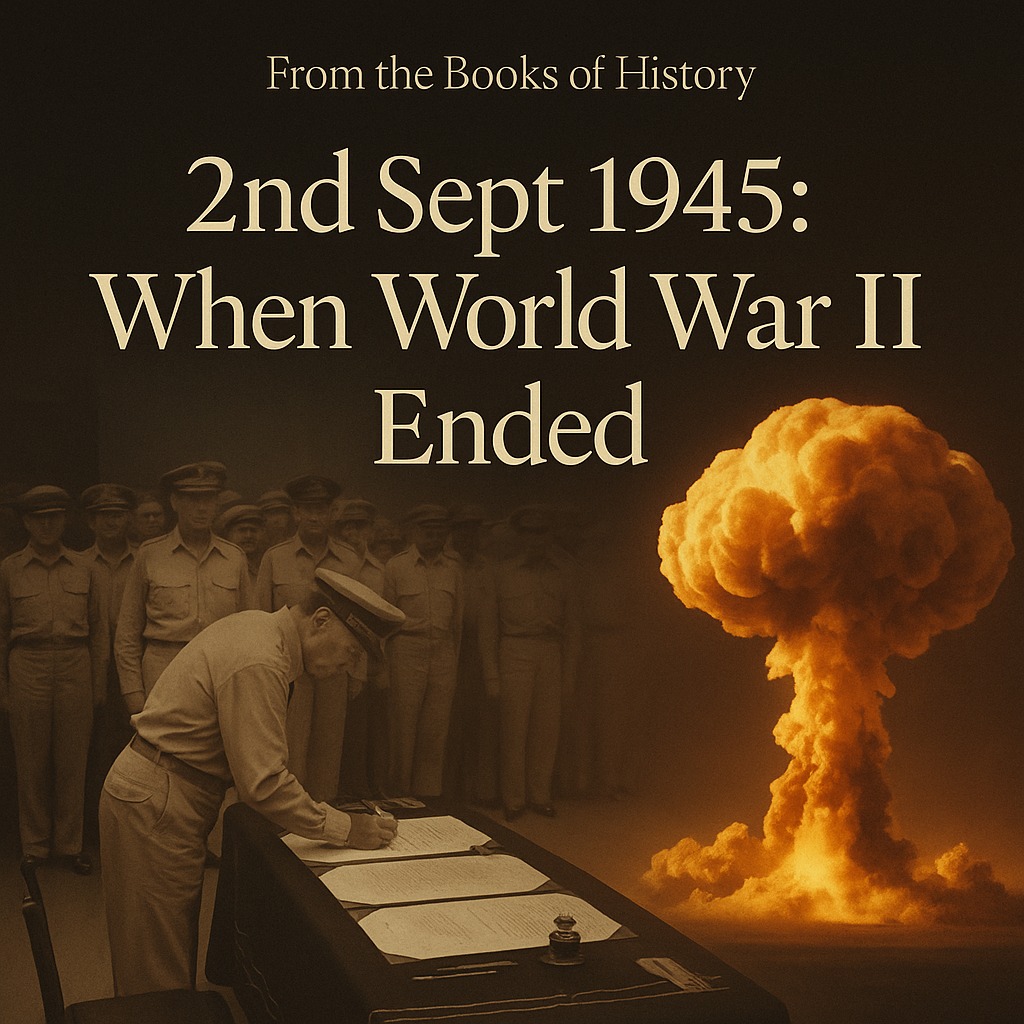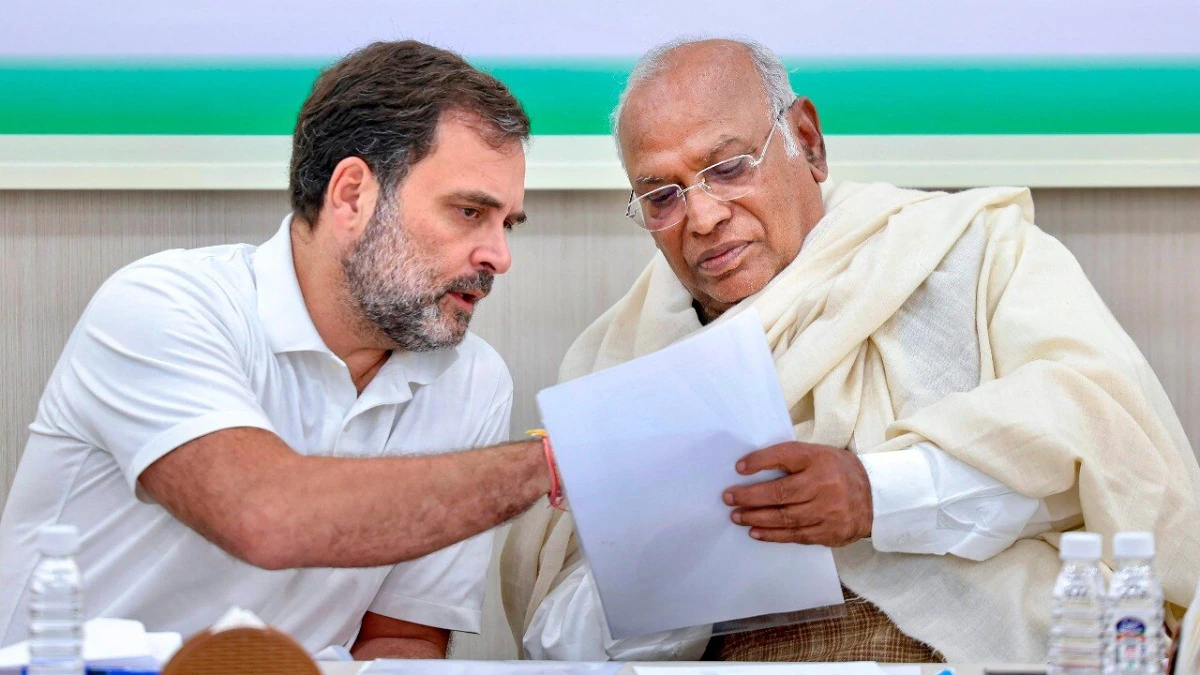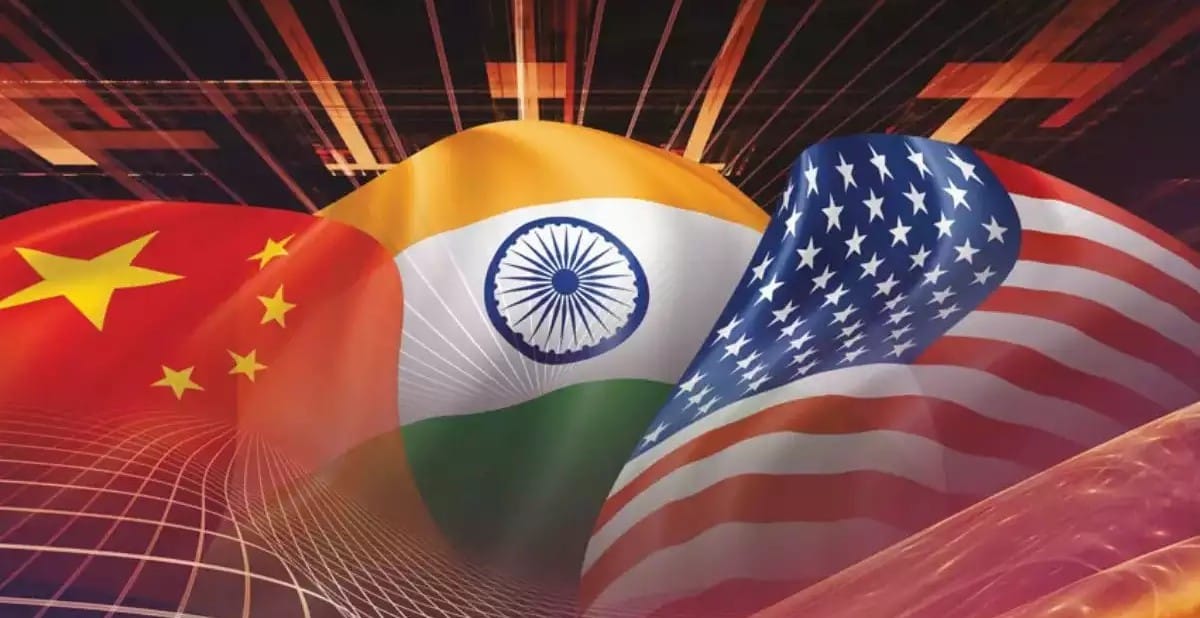On September 2, 1945, the world finally took a breath after years of turbulence. On this day, Japan officially surrendered, bringing an end to the most terrible war in human history. This day, known as V-J Day(Victory over Japan), was a turning point for everyone.
The war’s final days were full of brutal battles, made even more shocking by the atomic bombs dropped on Hiroshima and Nagasaki. These bombs pushed Japan to surrender finally. The signing on the USS Missouri was a moment of deep meaning, giving people all over the world a reason to hope again. This day was a victory not just for the Allies, but for the very idea of peace.
The Indian Contribution
While the major powers often got all the attention, it’s important to remember the contributions of our Indian soldiers. The British Indian Army was the world’s biggest volunteer force, with over 2.5 million soldiers. They were vital to the Allied victory. Indian troops fought bravely in North Africa, Italy, and most importantly, in the Burma Campaign, where they made up most of the forces that pushed back the Japanese. Their sacrifices were crucial to the war’s outcome. Their service, though often seen as being for the British Empire, was a complex and heroic story. Indian soldiers served in almost every major theatre of the war.
A Complex Legacy
V-J Day signifies not only the end of World War II but also the dawn of the atomic age. The use of atomic bombs on Japan, ending the conflict, revealed humanity’s new, terrifying power, which would define the subsequent Cold War. The new world that emerged from the rubble of World War II was one defined by new technologies and new rivalries. The very act of ending the war, with the use of the atomic bomb, created a chilling new reality. Thus, V-J Day is a complex symbol: a celebration of peace born from unprecedented destruction, a stark lesson for generations to come. It teaches us that to truly move forward, we must always remember the past.



